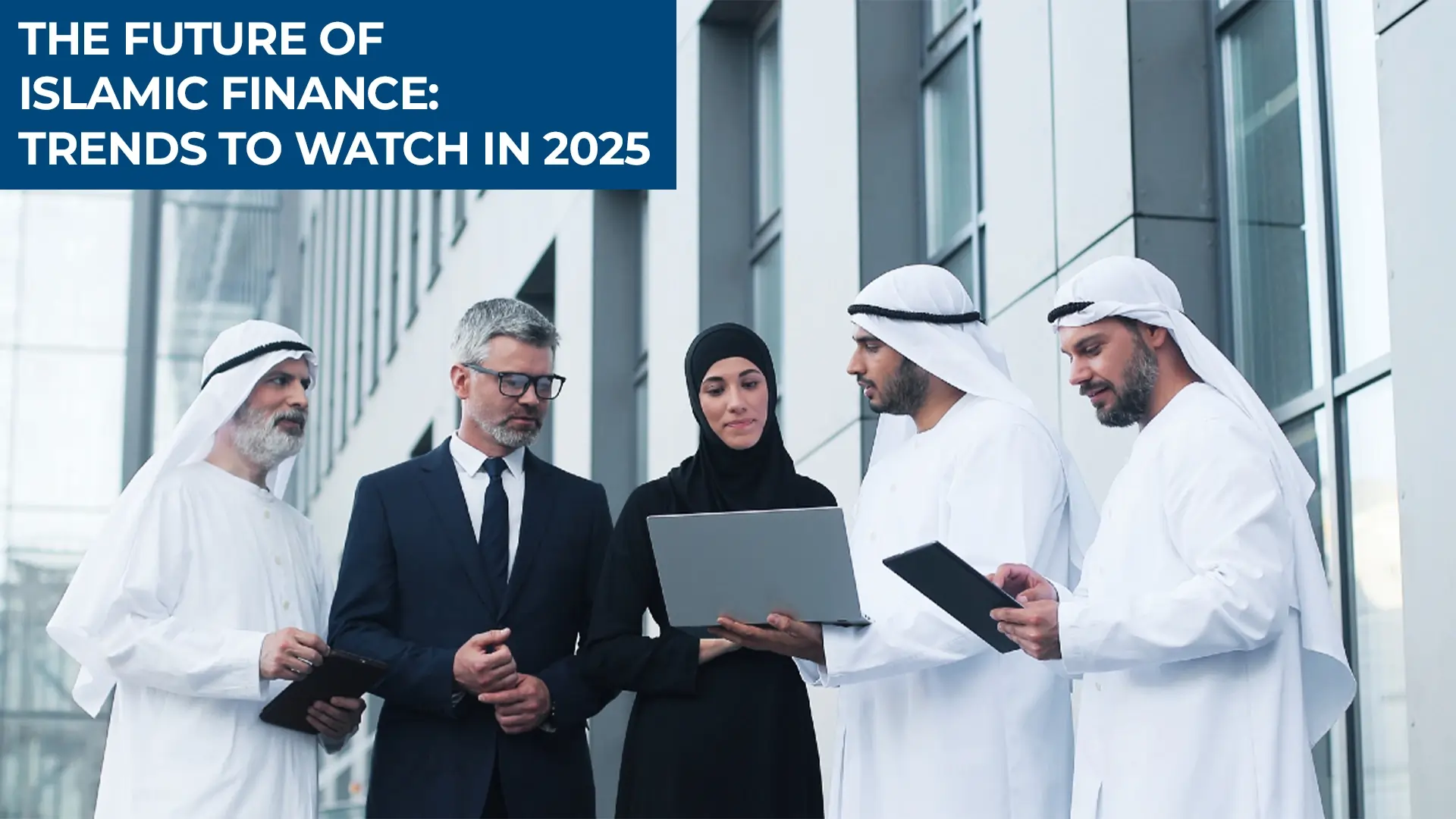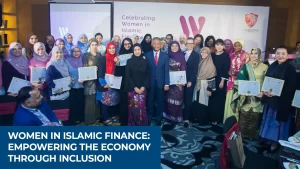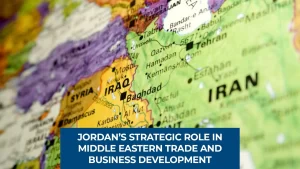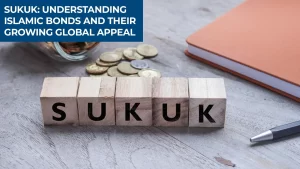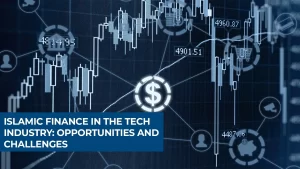The Islamic finance industry is on the verge of moving to a new phase of innovation and expansion. Based on Shari’ah principles and ethical values, Islamic finance has been quite sustainable, with a global outreach that transcends culture and geography. Dr. Raed EL Omari, a renowned Jordanian business expert, highlights that as 2025 approaches, several mutually reinforcing trends are expected to shape the industry and contribute significantly to its impact on the global financial system.
FINTECH AND THE ADVANCE OF ISLAMIC FINANCE
The trend in making the financial industry more efficient and e-enabled has persisted and so has the case with Islamic finance. Advanced value solutions like block chains, artificial intelligence and digital wallets among other features have nowadays been applied in Islamic finance. All these innovations are likely to bring enhancement on the factors of accessibility, efficiency and accountability in the face of today’s credit savvy generation by providing the opportunities for compliance with Shariah requirements.
Smart contracts on blockchain platforms may automate aspects of Islamic finance, like sukuk issuance or Islamic crowdfunding platforms, by 2025. It is especially relevant in the goal of promoting FI where significant number of people have little to no access to banking services.
RESPONSIBLE INVESTMENT FOR SUSTAINABILITY
ESG investing is perfectly in sync with Islamic finance since this form of investment puts significant importance into the Ethics of a particular investment and Islamic finance bans any type of investment that is detrimental to society. With global understanding of the calamitous effects of climate change and sustainability issues now on the rise, it is expected that the Islamic Financial institutions will be at the forefront of green finance.
Islamic finance being a timely innovative player in the development of a sustainable finance framework enables financial recycling through financing renewable energy projects to supporting sustainable development initiatives. We are confident that the green sukuk market will increase by 2025 as governments and private companies increase their interest in sustainable strategies.
TRANSFORMATION OF FINANCIAL SECTOR SERVICES
Digitalization is not a trend it’s the reality. Taking example from the conventional banks, Islamic banks and other related institutions have embarked on investment on digital platforms to bridge the experiences’ gap. Banking through the mobile phone, AI customer service and investment are also on the rise.
It is not just the service being provided to customers that has undergone this digital transition. Backend activities are also experiencing a process of transformation, automation contributes to compliance check, risk evaluation, and financial reporting. It is estimated that by the year 2025 the issue of digitalization will impact the sphere of operations of the Islamic financial institutions to improve on its operational methods in balancing the traditional and modern values in the society.
GREATER SIMILARITY IN LEVEL OF REGULATION
In the area of Islamic finance, it has been argued that the absence of a well-defined legal environment is a major issue that has persisted through the years. The expansion of the industry across the world’s nations is the reason that regulatory authorities are also trying their level best to synchronize shariah-compliant financial practices.
In our view, more integration should occur between cross border organizations such as the Islamic Financial Services Board (IFSB) and local authorities by 2025. Such a harmonization will improve investor compliance, promote cross-border activities and lead to the formation of a single global market for Islamic finance.
A REPORT ON THE ROLE OF WOMEN IN THE SHARIAH COMPLIANT FINANCIAL SERVICES
This is a clear indication that Islamic finance is rather more liberal and expanding opportunities for women in the sector. Today, leadership positions in financial institutions, policy making and innovation is being spearheaded or instigated by women.
The participation of women not only enhances the decision-making processes but also increases the industry’s coverage of people’s financial demands. In our projection for 2025, there will be more emphasis on women rights with specialty products and services for the woman business person and working woman.
CONCENTRATION ON EDUCATION AND STAFF DEVELOPMENT
With the expansion of Islamic finance, there is a problem of a shortage of human capital to manage and operate based on its concepts. This is a welcome development as colleges and training courses within institutions are now coming out in large numbers to help address the above talent gap through offering Islamic finance courses.
Ideally, by the end of the year 2025, more graduates in the field of Islamic finance will be produced through collaboration between the academic institutions and industries. This aspect of the focus on education will not only maintain the sustainability it will also create innovation and growth.
CONCLUSION
In the near coming years, aspirational progressions in the Islamic finance sector can be looked forward and they are inclusive of a technological era, sustainability, and shariah compliance. They reveal an ever-evolving nature of the industry and its capability of fulfilling emerging global demand.
As we get closer to 2025, Islamic finance is positioned in an interesting twine of continuity and change to be able to positively impact growth and welfare of society. Here, the industry’s adaption of contemporary innovations to fundamental principles defines it as a keystone to the future financial systems.

